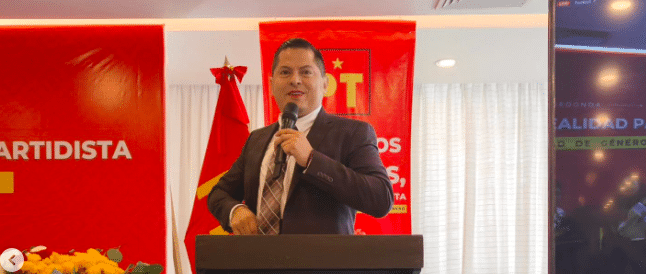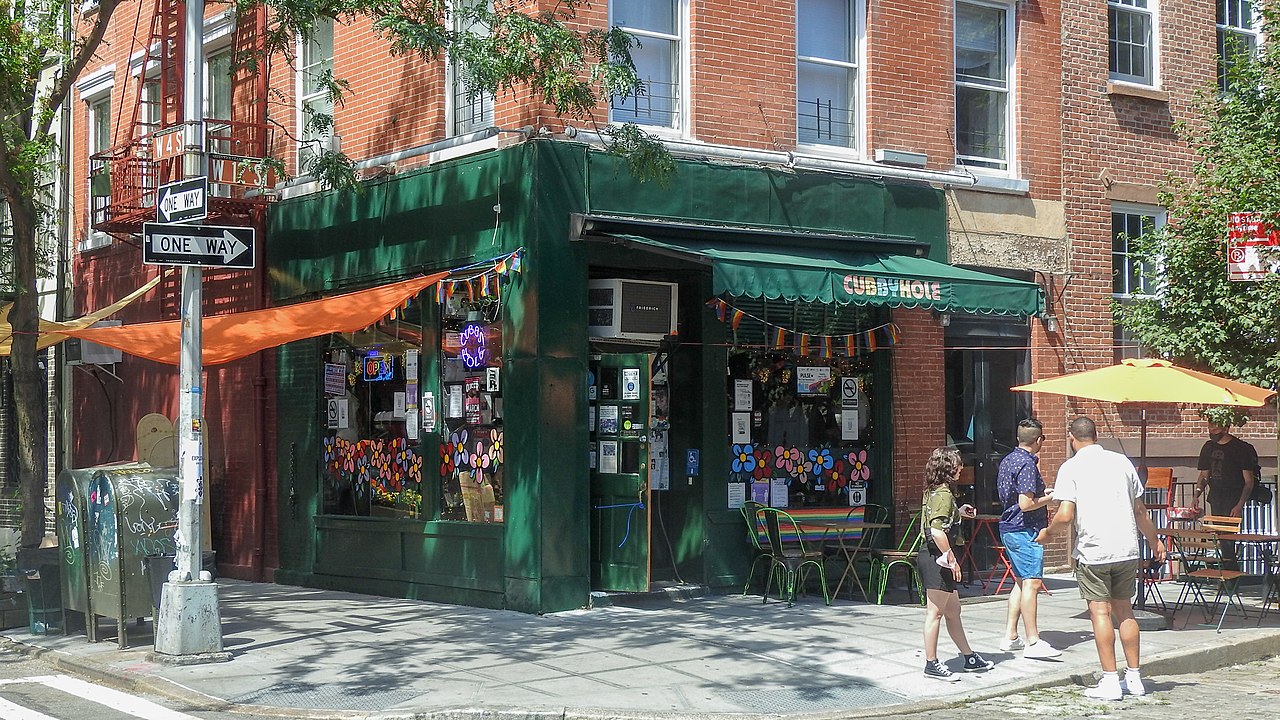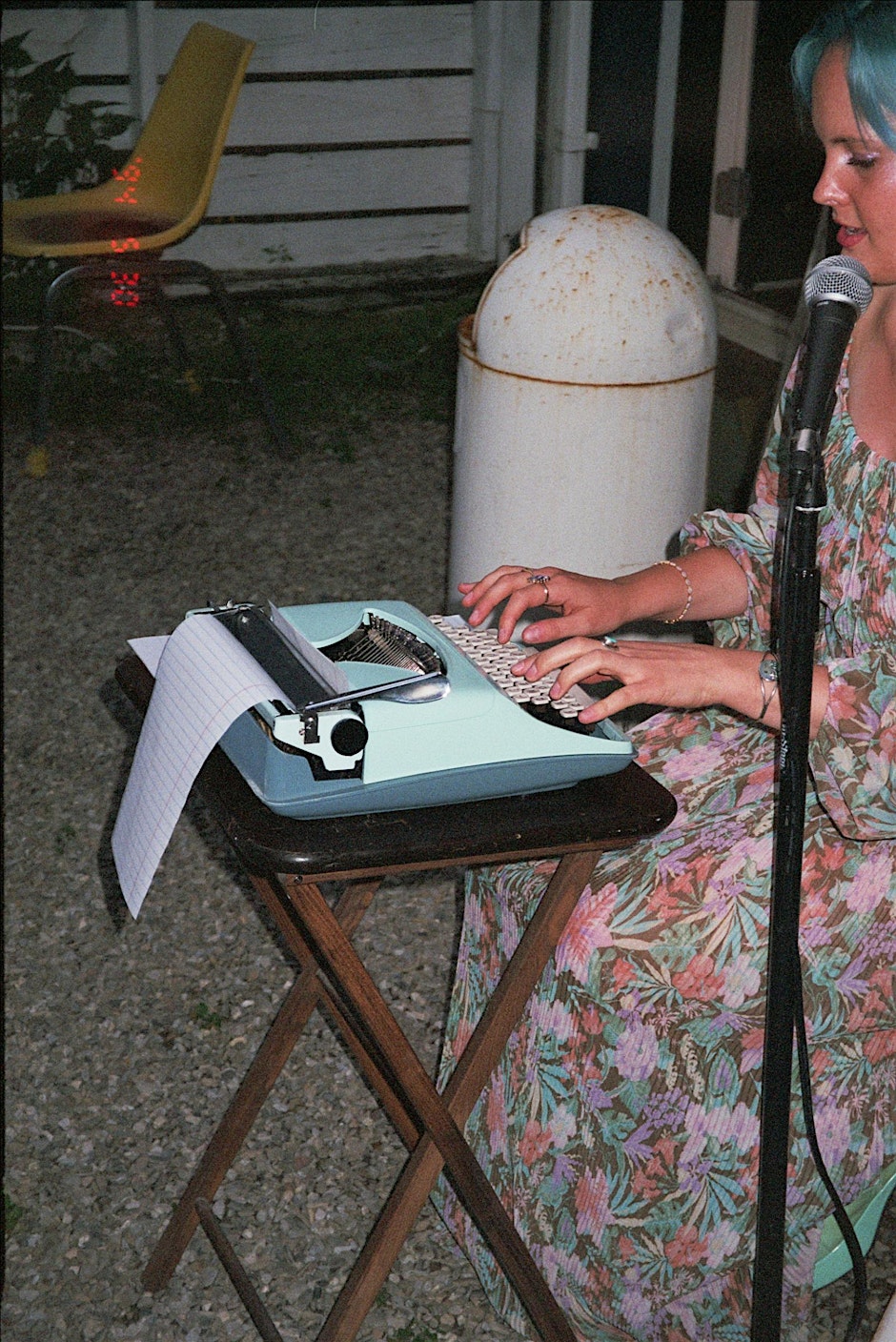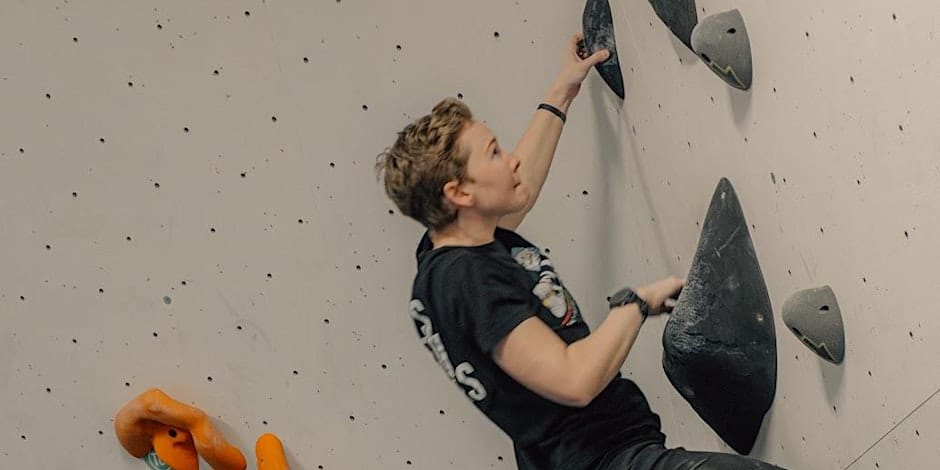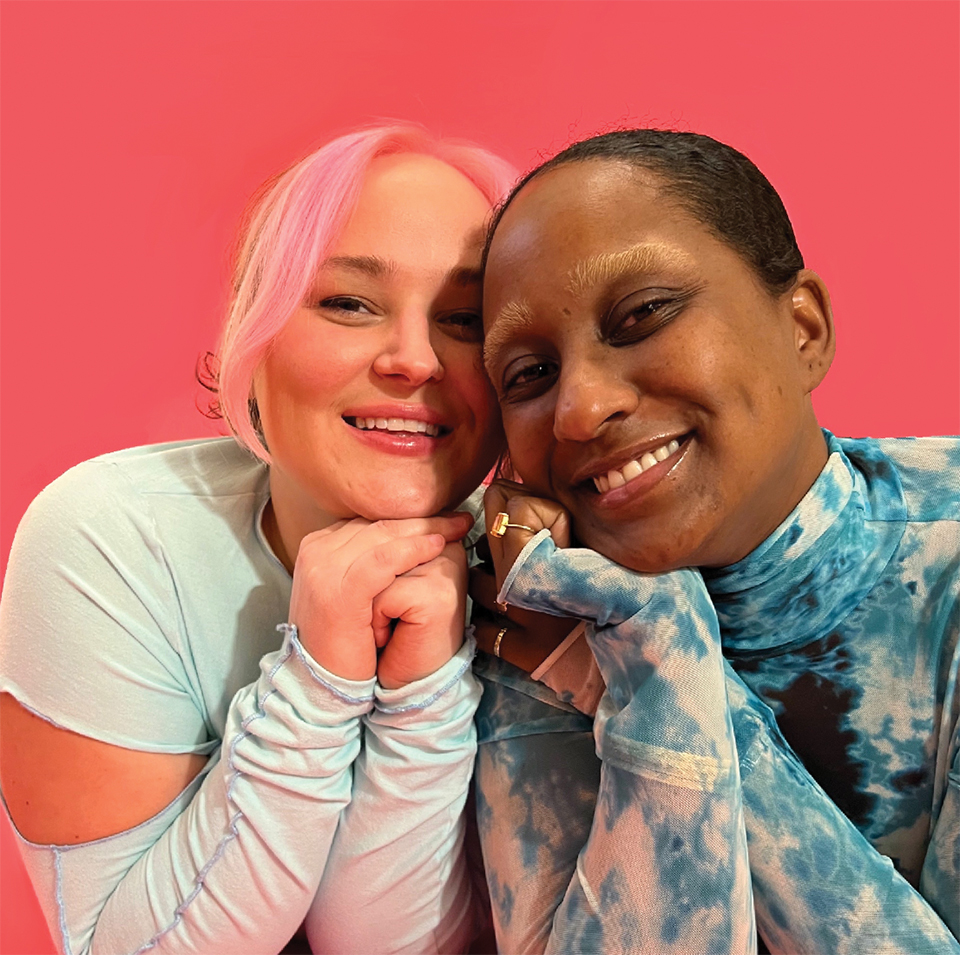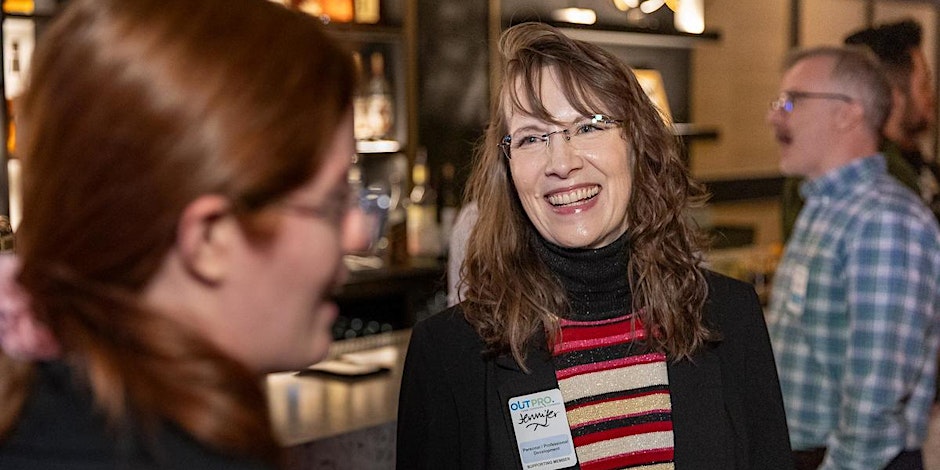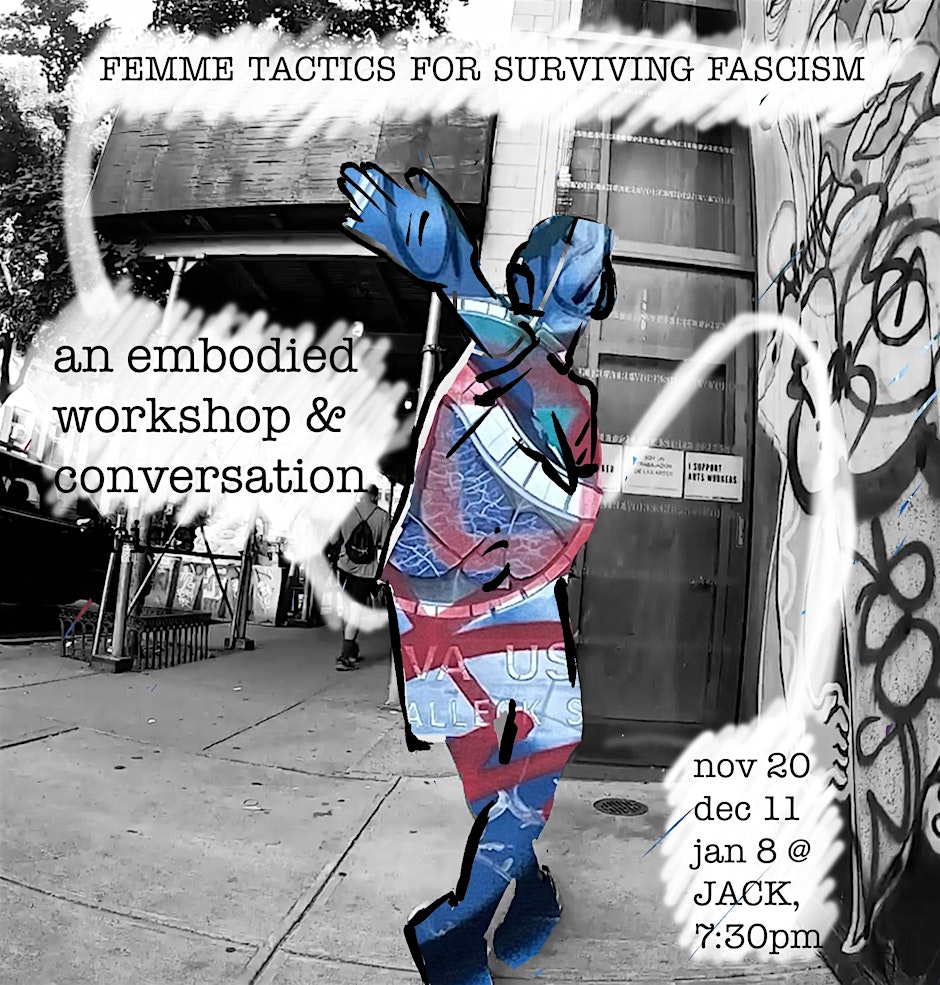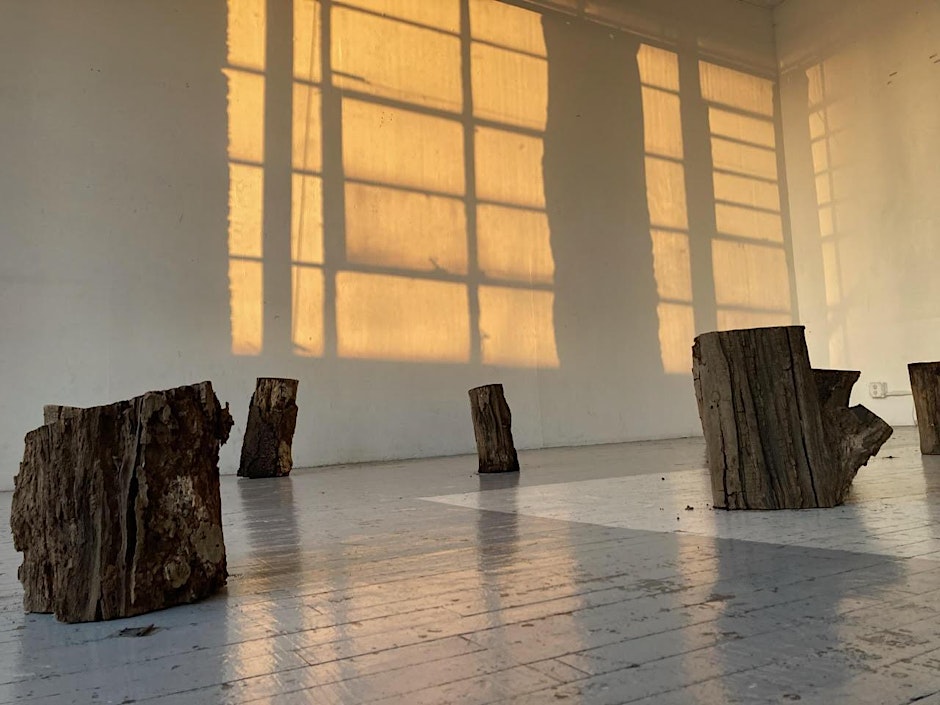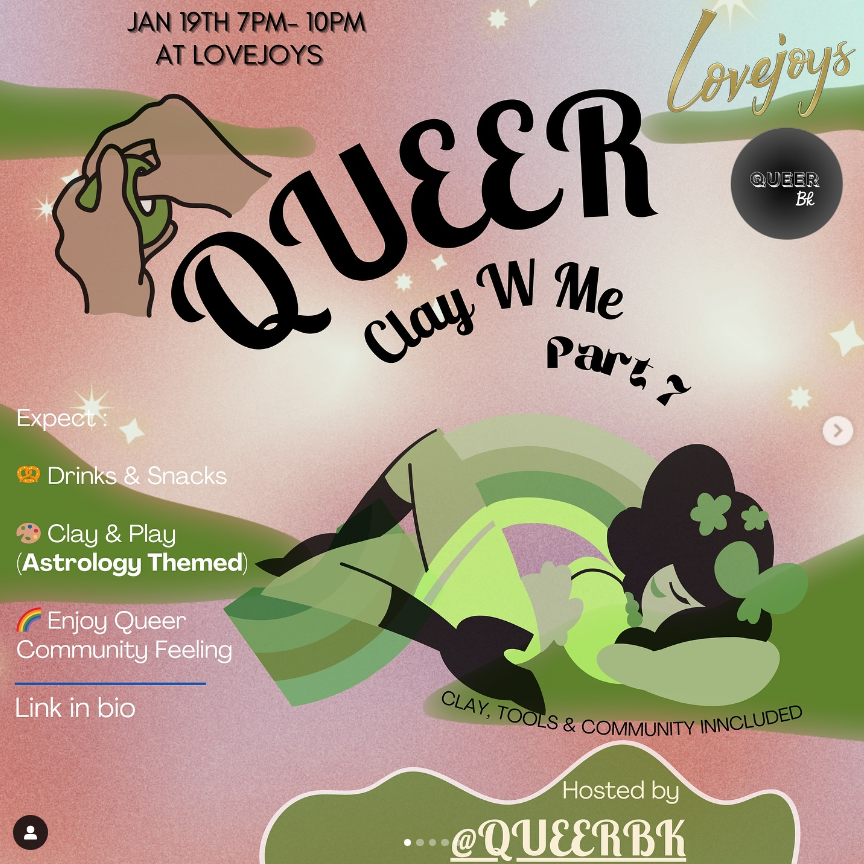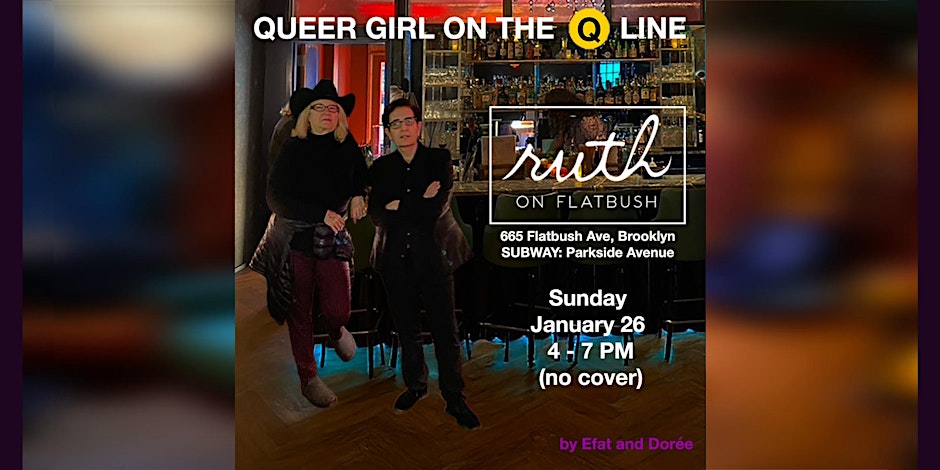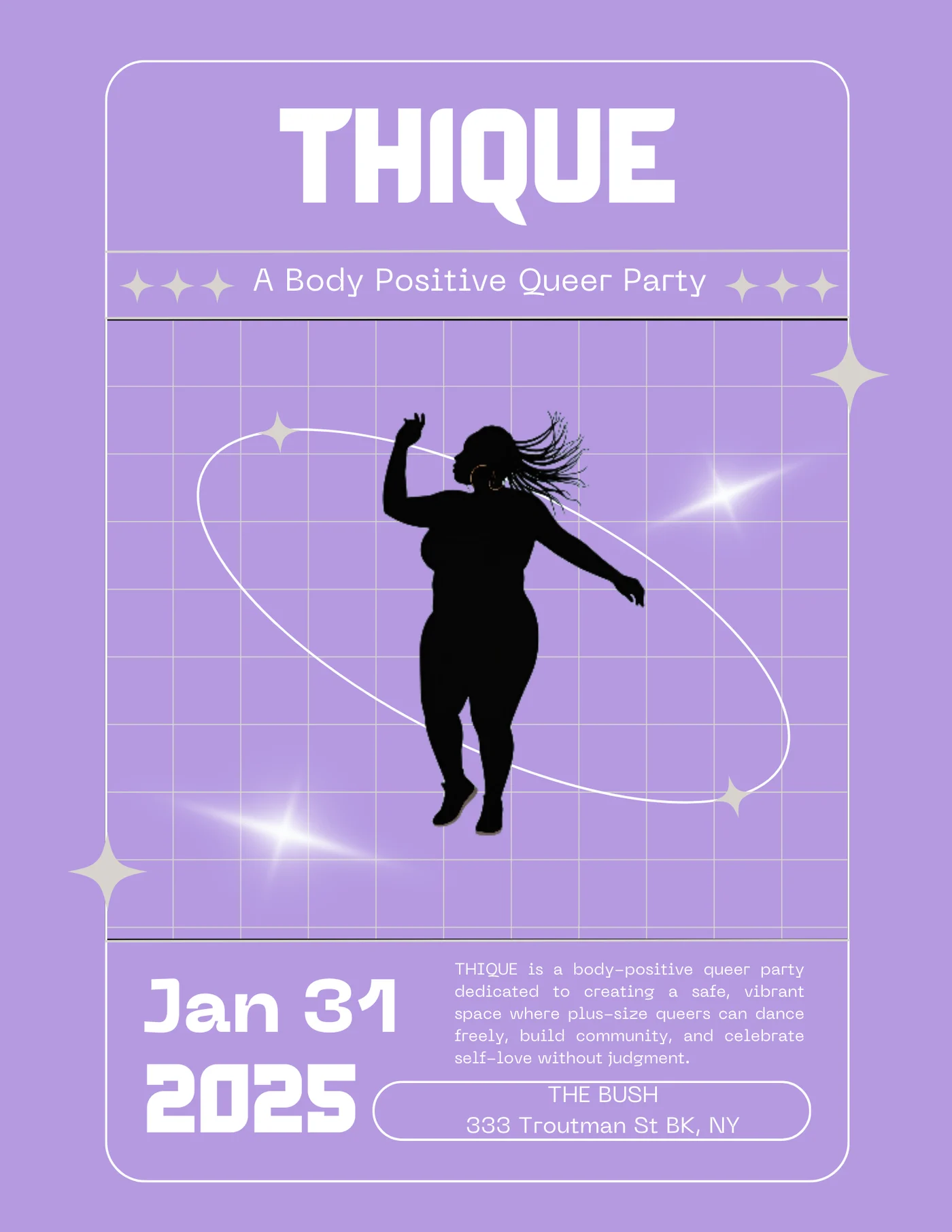Mexico’s first openly non-binary magistrate and prominent LGBTQ+ activist Jesús Ociel Baena Saucedo was found dead at home in the central state of Aguascalientes on Monday. Their partner was also found dead with them.
The cause of death or any evidence of foul play have not been revealed. “The investigation is going to be done,” Mexico’s Security Minister Rosa Icela Rodríguez said during the President’s daily press conference on Monday.
The office of the prosecutor reported initial results showing an absence of blood outside the location of the crime. Additionally, they observed no signs of forced entry or damage to the entrances of the residence. Authorities are ruling out the “presence of a third person” noting “one of the lifeless bodies found was holding a cutting instrument.”
While the investigation is ongoing, activists held candlelight vigils in the street. Alejandro Brito, the director of the LGBTQ+ rights group Letra S, has been outspoken in his belief that this was a targeted transphobic attack.
“They were a person who received many hate messages, and even threats of violence and death, and you can’t ignore that in these investigations,” said Brito. “They were breaking through the invisible barriers that closed in the non-binary community.”
Thousands of activists marched in Mexico’s Capitol following the news of Bauena’s death. They demanded justice from the police, as LGBTQ+ hate crimes get “brushed aside.”
“If this was a crime motivated by prejudice, these kinds of crimes always have the intention of sending a message,” Brito stated. “The message is an intimidation, it’s to say: ‘This is what could happen to you if you make your identities public’.”
Bauena’s appointment last October was celebrated as a major step forward for Mexico. They will be remembered by the community as a strong leader and welcoming advocate. Upon learning they were the first non-binary magistrate in Mexican history, Baeuna said, “I want to send the message that the LGBTQ population can access these spaces, that there is a possibility, that we have people with enough of a profile that with their own merits can access these spaces where decisions are made.”


